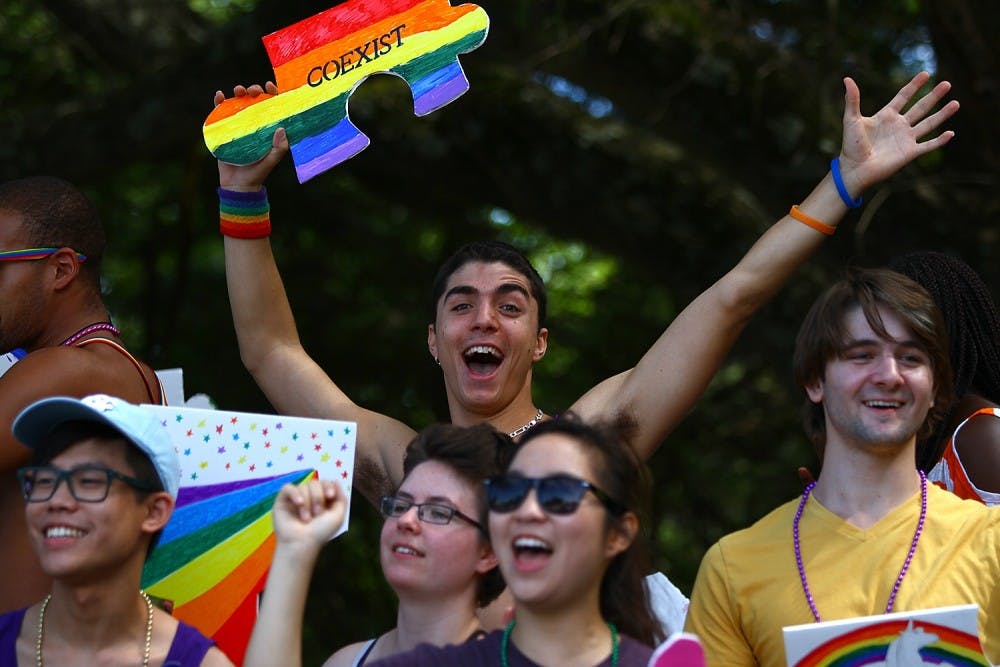Six openly LGBTQ+ politicians were elected in North Carolina’s municipal elections Nov. 7 — bringing the total of openly LGBTQ+ elected officials in the state to 20.
Ben Graumann, spokesperson for Equality NC, said the elections were significant in light of North Carolina’s discriminatory legislation.
“I think overall what’s really important here is that these people have been elected in the wake of (House Bill) 2 and also (House Bill) 142 here in North Carolina,” he said. “It brings much change to the city councils across the state.”
Andrew Reynolds, a political science professor at UNC, said in an email the election of these openly LGBTQ+ officials is good news for the state and shows voters are becoming more open-minded.
“Increasingly, Carolina voters don’t care who people love. They care about the content of a candidate’s character,” he said. “And we are blessed to have some great and inspiring state leaders who happen to be LGBTQ.”
Will Melfi, an LGBTQ+ UNC student majoring in journalism and global studies, said seeing openly LGBTQ+ politicians get elected makes him hopeful.
“For me, seeing LGBTQ members of the community run for office and then get elected to office, it shows me how far we’ve come in the country,” he said. “And to me it’s huge that people who I can relate to and who share that part of my life are in office helping change discriminatory laws and make a difference.”
Graumann said LGBTQ+ representation in politics is important, because if LGBTQ+ people are not represented they are excluded from the political discussion.
“Representation, especially for the LGBTQ community, is so important because if LGBTQ people don’t have a seat at the table when important decisions are made, you simply don’t have any representation,” he said.




